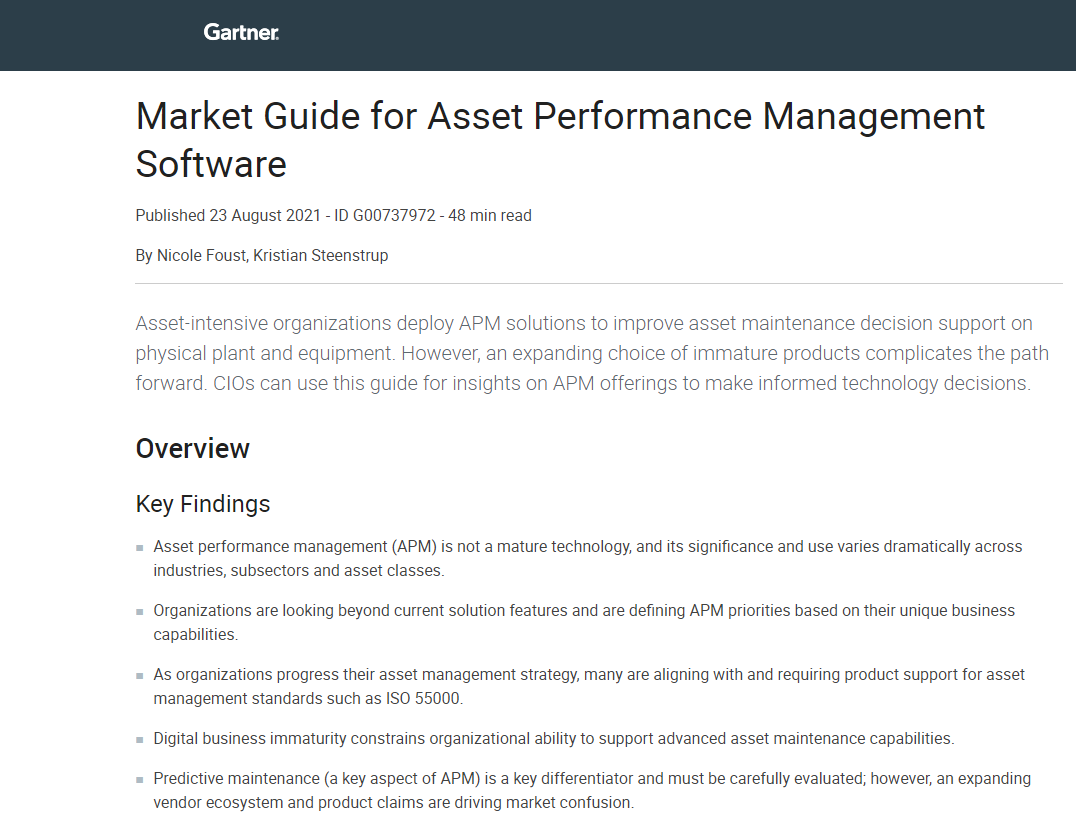Ernst & Young: Bad attitudes to BYOD put off prospective employees
Advisory group claims close-minded companies risk losing out on talented staff.

Companies that fail to adopt formal Bring Your Own Device (BYOD) schemes could be viewed as less attractive places to work by prospective employees, advisory firm Ernst & Young claims.
Speaking to IT Pro, Simon Placks, director of Ernst & Young's fraud investigation and dispute services division, said fears over intellectual property theft and data loss have put some firms off embracing BYOD.
However, companies that impose tight restrictions on the devices and websites employees can use risk coming across as uncreative places to work, he added.
"[The problem] with having lots of devices in the workplace is that it means there are lots of different ways for employees to take company data out of the system," said Placks.
"Dealing with that is a major security challenge, because companies don't want to create a culture of tight regulation by monitoring everybody's activities because it stifles creativity."
Therefore, companies need to strike a balance between giving end users access to the sites and devices they want without compromising corporate data.
"There is a war of talent going on in the workplace...and if there is one company that allows you to use Facebook at work, for example, or bring in your own device, that becomes a more attractive employer," explained Placks.
Get the ITPro daily newsletter
Sign up today and you will receive a free copy of our Future Focus 2025 report - the leading guidance on AI, cybersecurity and other IT challenges as per 700+ senior executives
"Companies are having to come to terms with the fact they may have to rollout BYOD and take a more intelligent approach to tackling IP theft."
Steven Malone, chief technology officer at IT security specialist Metadigm, said, with senior management driving adoption of BYOD at many firms, it is only a matter of time before employees at all levels expect to be allowed to participate.
"Ten years ago, internet access on the desktop was only given to people who really needed it," he explained. "Now, a lack of web access on a user's workstation means they need to call PC support. As BYOD becomes more widespread, users will come to accept it as a standard way of working."
Sam Routledge, solutions director at IT supplier Softcat, said he doubts a firm's attitude to BYOD will be a major deal breaker for many jobseekers.
"It would probably be in the mix [because] I suspect people want to work for companies who are mature and up-to-date in their use of technology, and having a decent BYOD proposition would showcase this for prospective employees," he said.
"That being said, I believe that old and underperforming IT equipment can be an employee and customer satisfaction issue. If BYOD can help to address that, it can only be a good thing."
-
 Bigger salaries, more burnout: Is the CISO role in crisis?
Bigger salaries, more burnout: Is the CISO role in crisis?In-depth CISOs are more stressed than ever before – but why is this and what can be done?
By Kate O'Flaherty Published
-
 Cheap cyber crime kits can be bought on the dark web for less than $25
Cheap cyber crime kits can be bought on the dark web for less than $25News Research from NordVPN shows phishing kits are now widely available on the dark web and via messaging apps like Telegram, and are often selling for less than $25.
By Emma Woollacott Published
-
 IDC: The business value of IBM Maximo
IDC: The business value of IBM MaximoWhitepaper Integral to the transformation of asset management
By ITPro Published
-
 How to choose APM software for your business
How to choose APM software for your businessWhitepaper A market guide to Asset Management Performance software
By ITPro Published
-
 Rebooting your BYOD strategy
Rebooting your BYOD strategyIn-depth With hybrid working becoming the norm, there's a need for a device management overhaul. What does BYOD 2.0 look like?
By Kate O'Flaherty Published
-
 Scandal-hit Toshiba to split into three companies
Scandal-hit Toshiba to split into three companiesNews The troubled Japanese giant aims to create more value for investors with "attractive" business separation
By Bobby Hellard Published
-
 Tektronix updates its asset management software
Tektronix updates its asset management softwareNews CalWeb gains four new capabilities surrounding test and measurement equipment calibration
By Praharsha Anand Published
-
 Oracle Utilities partners with Veracity and Triniti to streamline utilities’ digital transformation
Oracle Utilities partners with Veracity and Triniti to streamline utilities’ digital transformationNews The trio will join forces to enhance utilities’ critical infrastructure and processes
By Praharsha Anand Published
-
 The definitive guide to warehouse efficiency
The definitive guide to warehouse efficiencyWhitepaper Get your free guide to creating efficiencies in the warehouse
By ITPro Published
-
 Atera raises $77 million for its all-in-one SaaS
Atera raises $77 million for its all-in-one SaaSNews RMM by Atera helps MSPs monitor and manage remote IT networks with ease
By Praharsha Anand Published